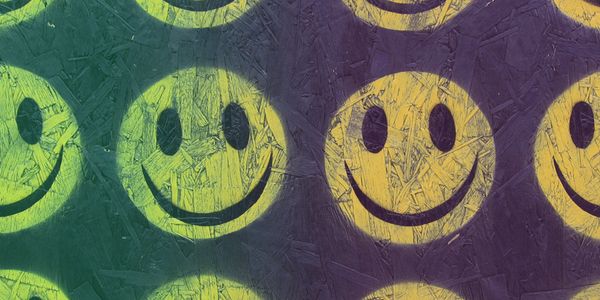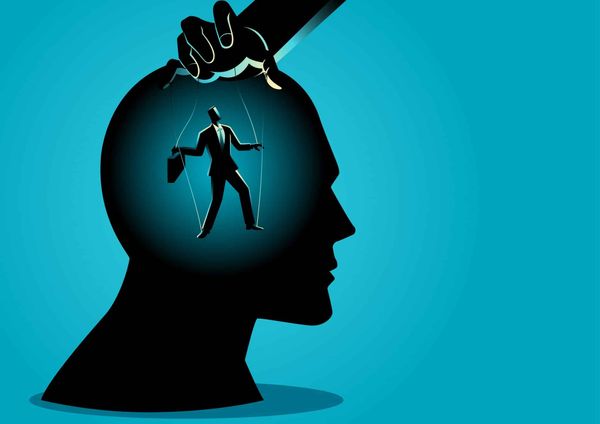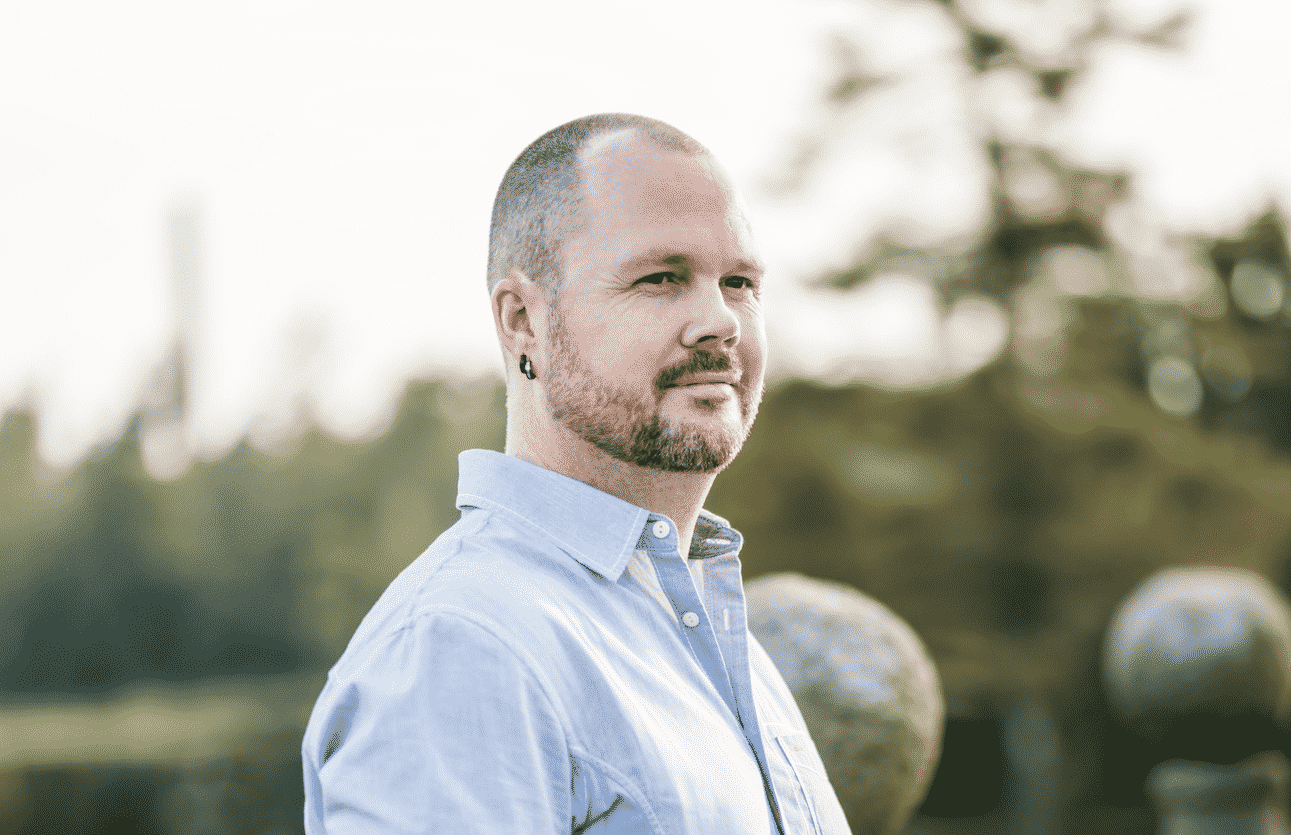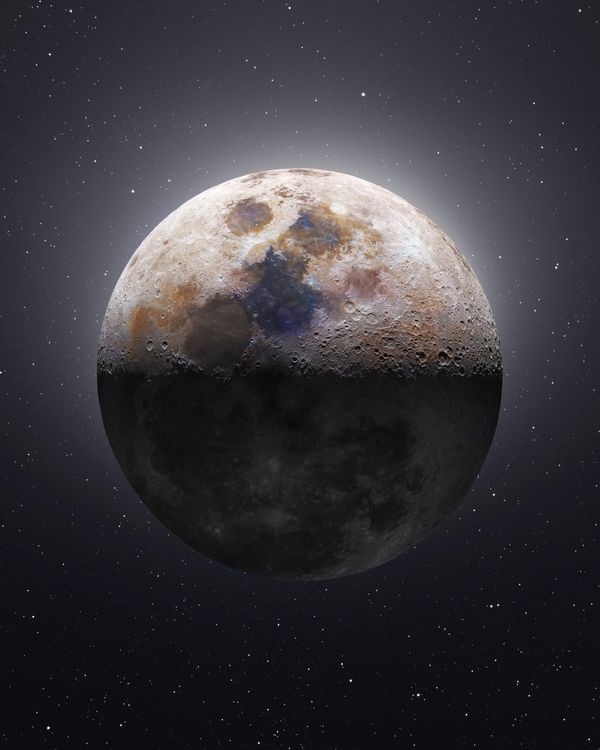Jon Waterlow • • 5 min read
Viral Humor: Using Laughter to Overcome Extreme Adversity

We’re living through the most dramatic global crisis since the Second World War.
Within a few weeks, life as we know it has been suddenly — jarringly — put on hold as we face an invisible and deadly virus.
The news is filled with health services being overwhelmed, governments scrambling to shore up collapsing economies, and stories of people frantically trying to get their hands on toilet paper, face masks and hand sanitizer.
In times of crisis, we naturally want to come together, but our society has been almost instantly fragmented due to the need for isolation. It’s easy to draw comparisons to wartime, but even during the war people were able to cope with their stress by gathering with friends and family, in the pub or at each other’s homes.
If the situation could hardly seem more serious and frightening, social media reveals a different story. On Twitter, Instagram and in countless WhatsApp groups our feeds are overflowing with memes, jokes, and surreal videos of people entertaining themselves during lockdown.
Humour has become vital: it punctures the sense of pervasive anxiety, helping us manoeuvre our way through the uncertain and mysterious. It helps us to explore the uncomfortable, to test how we feel, and to shine a light into unfamiliar and dark places.
Confusion reigns as we struggle to make sense of a new reality.
Things we’ve taken for granted have been stripped away, and we find ourselves like tourists in an unknown country, lost and unsure of how to do even the most basic things (many of us only just discovered that we’ve never known how to wash our hands properly).
There’s something inherently comic about the world being turned upside-down like this, which is why the focus of COVID-19 jokes is less the virus itself, but the strange realities of what life has suddenly become.
Instead of falling into a claustrophobic depression, people are sharing maps of their new ‘commute’ — back and forth between the living room and the kitchen.
In these strange times, people naturally turn to the past for orientation: Brits recall the ‘Blitz spirit’, while Russians look back to the Nazis’ Siege of Leningrad to remind themselves what they can overcome.
But tales of suffering and heroism take us only so far. Dr. Robert Dale, a lecturer in Russian history, has dug deeper into the past to unearth a goldmine of Soviet jokes that, with just a little nip-and-tuck, speak perfectly and hilariously to our current predicament.[1]
Ordinary people in the early Soviet Union faced immense economic hardship, chronic shortages, government crackdowns, and the constant sense that little if anything in their lives was really under their control. As Rob’s daily dose of ‘Repurposed Soviet Jokes’ on Twitter reveals, we can feel an immediate and powerful sense of kinship with these people as they used humour to cope with the difficulties and uncertainties of life.
A customer walks into a shop and asks: ‘Does this shop have any toilet paper?’ The sales assistant replies, ‘No. This is the shop that doesn’t have any paracetamol. The shop that doesn’t have any toilet paper is next door!’
A spouse returns home to find their partner in bed with someone else: ‘You disgust me! This is how you behave! Any self-respecting citizen is out panic buying!’
Speaking of panic buying, the next joke imagines a radio show host answering listeners’ questions on how to make the best of food shortages:
Our listeners ask: ‘Is it possible to make a chicken last all week?’ Our answer is yes! Buy the chicken on a Monday and cook it on the following Sunday.
Why do these jokes resonate with us today? How can 80-year-old jokes from another country and political system be so easily tweaked and transplanted into the present?
It’s not only that we’re sharing some of the same material and psychological challenges. It’s because we’re looking at something fundamentally human. We are the only animal that laughs at itself, and when we do so we can find immense relief by making light of the burdens we carry.
Like Soviet jokes, our memes and group texts are filled with a distinct gallows humour.
We’re laughing in the dark, using humour as a way to nurture a sense of psychological distance from the things which frighten us. If we can laugh at the coronavirus, how bad can it be?
When we do so, we can pretend, even if just for a moment, that there’s nothing to worry about. In this way, gallows humour offers us a powerful placebo: objectively it should make no difference at all, but subjectively it can make all the difference in the world.
Laughing in the face of fear is a deeply human impulse, regardless of the risk entailed. Soviet citizens lived under constant threat of denunciation and imprisonment in the Gulag for sharing a single political joke, but they continued to make them because letting off steam was a psychological necessity.
The next of Rob’s jokes replaces the word ‘politics’ with ‘pandemic’, making fun of what it feels like to constantly worry about forces outside our control.
Retired married couple on the bus: The old man lets out big sigh. His wife snaps back: ‘I thought we agreed not to talk about the pandemic in public!’
Despite her advice, it feels infinitely better to tell a joke than just to let out a sigh of resignation and despair.
Because they’re inherently social, jokes also help us to feel less alone. Being able to laugh at the same joke fosters a powerful sense of community and intimacy. To get the punchline means to share a point of view – to realize that other people see things the same way and think ‘me too!’.
That feeling of all being in the same boat draws us together, while the feeling of not being in on the joke can be almost unbearable.
The sense of community nurtured by the jokes also reassures us that the world we know hasn’t collapsed around us. After decades of watching terrifying post-apocalyptic movies, we’ve come to fear that the veneer of civilization is all too thin.
And yet, the sociologists who’ve actually studied major disasters, from the Blitz to Hurricane Katrina, have found time and again that, despite the deaths and the suffering, the survivors look back on these moments as some of the most meaningful of their lives.[2]
An existential crisis clarifies what really matters and forces us to recognize and value the things and the people we have been taking for granted. Supermarket staff, delivery drivers, and healthcare workers have probably never received as much recognition as they are today.
Humour is a vital language that helps us navigate and talk about frightening times. When we use it – together – we can choose not to be victimized by our circumstances.
Rather than victims, we become commentators, watching ourselves stumbling, getting back up, and, instead of crying or despairing, we chuckle as we dust off our knees.
Indeed, just one day after Hurricane Katrina ravaged New Orleans, humour was already stalking the streets. Someone put up an anti-looting poster which read: ‘DON’T TRY I AM SLEEPING INSIDE WITH A BIG DOG AN UGLY WOMAN TWO SHOTGUNS AND A CLAW HAMMER.’ A few days later, a new sign appeared: ‘STILL HERE. WOMAN LEFT FRI. COOKING A POT OF DOG GUMBO.’[3]
Even in the rubble, this pitch-black humour invited passers-by to laugh in the face of danger and death and, in the process, to feel part of a community of shared suffering.
While acknowledging the sombre realities, jokes like these are always an invitation to draw closer together, come what may. The torrent of wild and dark coronavirus memes we’re seeing today perform precisely the same function.
When all of this is over – be it weeks, months, or more – we will remember the heartbreak and the fear, but most of all we’ll remember the small kindnesses, helping our neighbours, reconnecting intentionally with our friends and family.
We’ll remember how we drew together even in isolation, and how the jokes we shared helped us hold on to our common humanity.
[1] https://twitter.com/DrRobDale
[2] Rebecca Solnit, A Paradise Built in Hell: The Extraordinary Communities that Arise in Disaster (New York, 2010).
[3] https://slate.com/news-and-politics/2006/08/the-best-jokes-about-katrina.html








